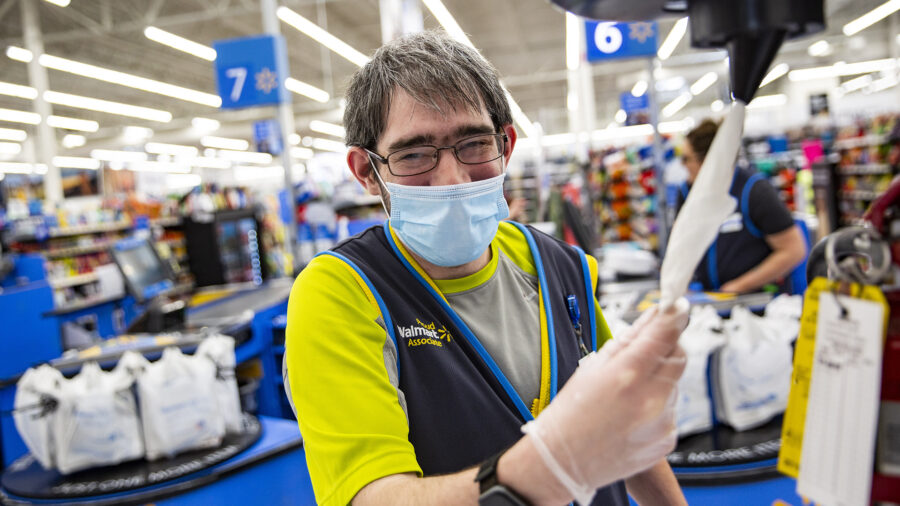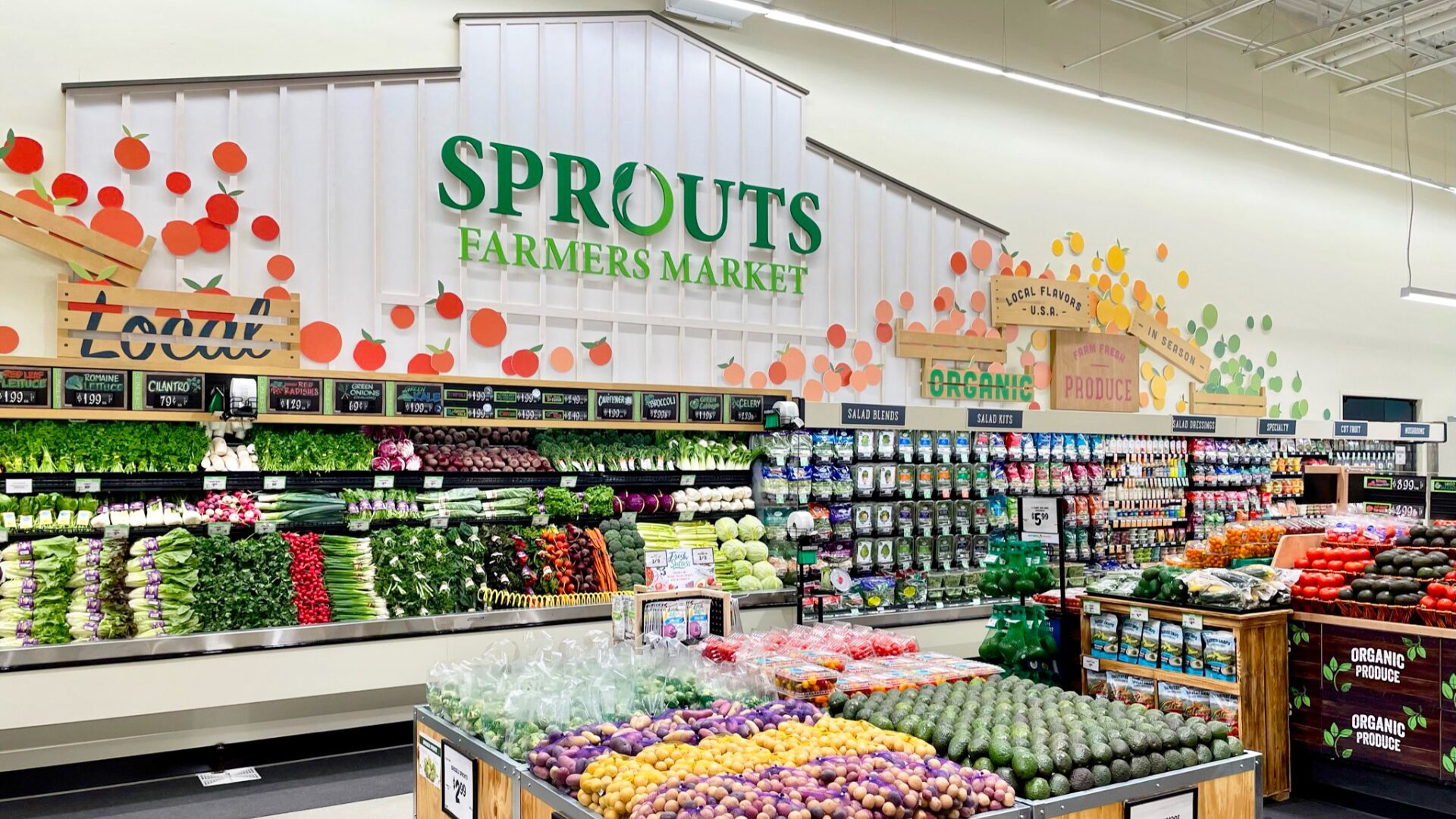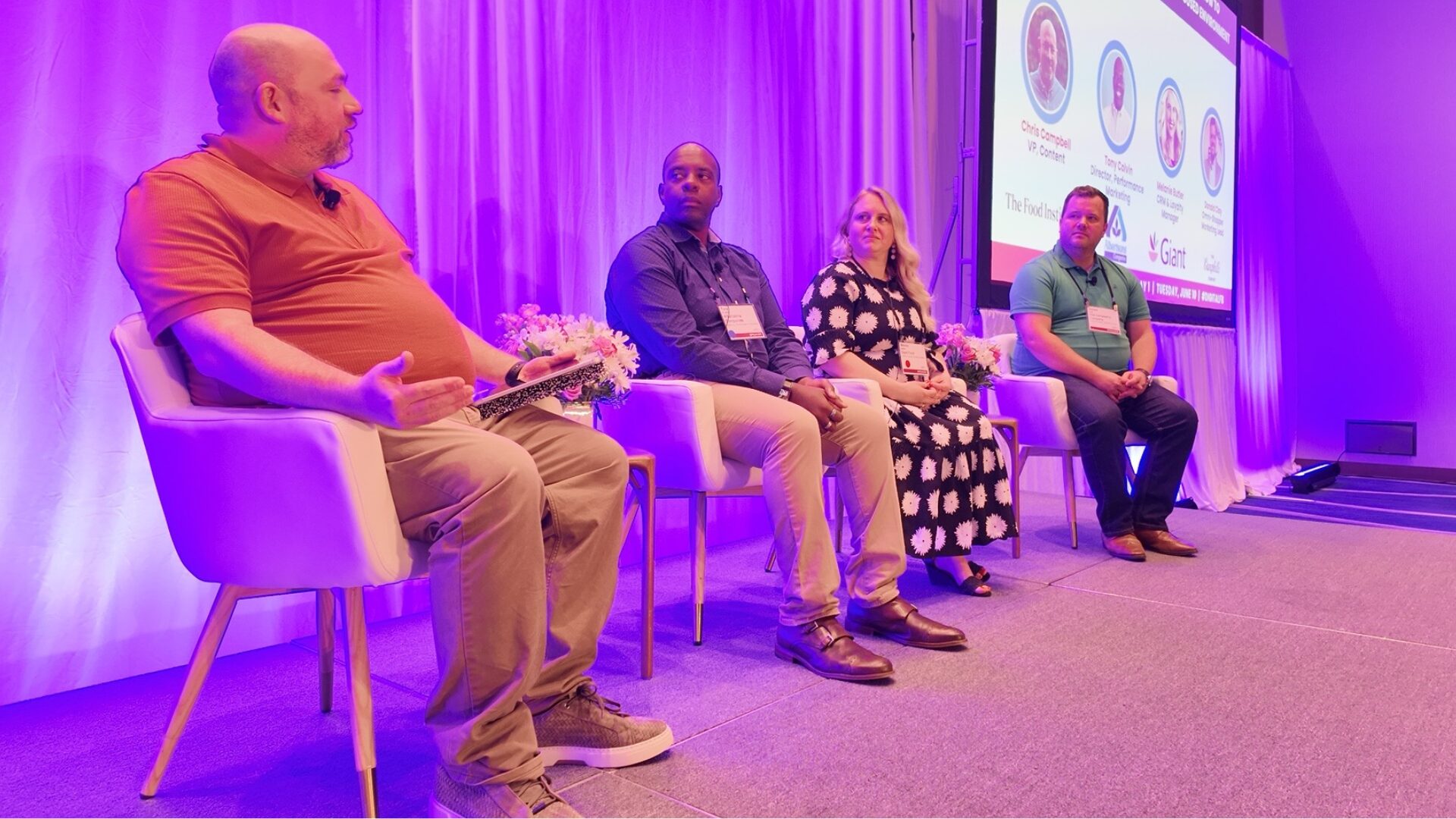Now that Walmart has joined Target and Costco by raising their minimum pay to about double the federal rate of $7.25 an hour, fast-food outlets may have to consider boosting their minimum to $20 to lure young adults to their employment ranks.
Walmart announced (Jan. 24) it would raise its minimum wage to $14 an hour, bringing its average U.S. hourly wage to $17.50. The raises take effect in February. In addition to the wage increases, Walmart said it would pay tuition and fees on additional college degrees and certificates, “focused on where our business is headed and will equip associates with skills to unlock new career opportunities. Both part-time and full-time associates can participate.”
The announcement continued: “We’re expanding our Associate-to-Driver Program, which pays for supply chain associates to earn their commercial driver’s license and become a Walmart truck driver earning up to $110,000 in their first year.”
Walmart is far from alone. The list of retailers from the Good Jobs Institute who have raised their minimum wage to at least $15 an hour includes:
- Costco, $17
- Sam’s Club (a division of Walmart), $15
- Amazon and Whole Foods Market, $15
- Target, $15
- Walgreens, $15
Fast-food companies and food manufacturers, however, have been slow to the party. The Good Jobs Institute list includes only P. Terry’s Burger Stand, Farmer Boys, &pizza, Starbucks, Chobani, Sanderson Farms, and Ben & Jerry’s as food companies paying at least $15 an hour.
In fact, the U.S. Bureau of Labor Statistics reports fast-food counter people earn as little as $8.77 an hour on average – with the median at $12.07 – in an industry that employs nearly 3.1 million people. IBIS World puts the number of employees much higher: nearly 5.2 million.
With unemployment low, wages lagging, the impact of COVID and other issues pressuring young workers, fast-food restaurants are finding it difficult to find enough help, especially young adults. Calls to raise hourly wages to $20 an hour have been ramping up.
“Taking Gen Z as the example: They’re known for being pragmatic, resourceful, independent, and they typically place a priority on well-being and mental health,” food industry consultant Julie Swift told The Food Institute. “To attract these young adults into specifically the fast-food portion of our industry, I would argue businesses would need to provide their brand of ‘value’ well beyond pay rate to attract and retain them.”
Fast-food and other minimum-wage workers long have complained about issues such as unpredictable scheduling, lack of fully paid health insurance, paid days off, and 401(k) or other retirement plans.
Jenna Carson, a human resources and operations employee with MusicGrotto, said that until last year, she regularly picked up two or three shifts a week at a fast-food restaurant. She said companies could avoid pushing wages into the $20 range by “refocusing … on promoting the benefits that brought both my teenage niece and myself there.”
That would include allowing part-time employees to work around other part-time jobs and/or high school or college classes, making job duties predictable and easy to learn and giving employees free meals (which would amount to 30-45 minutes of work). Unlike gig work like ride-hailing and food delivery services, fast-food wages are guaranteed, Carson noted.
Jim Angleton, a restaurant industry adviser in South Florida, said he believes $15 is a reasonable hourly rate for the fast-food industry, “in line with cost centers.” He said a minimum wage at that level coupled with fully funded health insurance would push the real effective wage to $22 an hour.
What impact would raising the minimum wage have on the greater economy?
Some economists predict increased inflation as companies try to cover costs and fewer minimum-wage jobs as companies turn to technology to keep labor costs down. It also could put wage pressure on other sectors as higher-skilled employees seek to improve their position.
“Recent wage growth [is] running about the same as late ‘90s and just before 2007-09 recession. Doesn’t exactly scream ‘wage-price spiral!’” economist Paul Krugman said in a recent Twitter post.
The Food Institute Podcast
Click the play button above to listen to the episode.
Recent cyberattacks have shown the business and reputational impacts of a breach, but what technologies can be used to protect your organization? SmartLedger’s Bryan Daugherty and Gregory Ward explain how CERTIHASH Sentinel Node can help a company detect a cyber intrusion more quickly, while IBM’s Patryk Walaszczyk shares how the technology could redefine cybersecurity.












